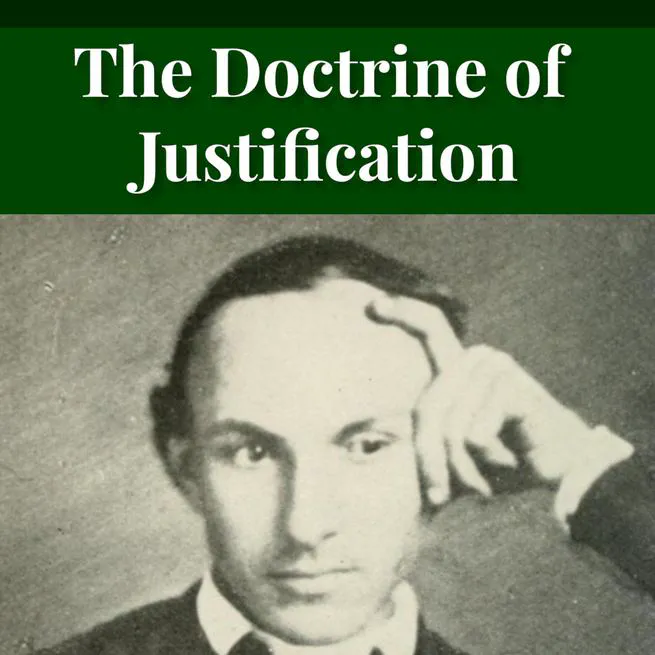
“Human reason and inclination are always in their natural state averse to the doctrine of Justification by Faith. Hence it is no wonder that earth and hell combine in persistent efforts to banish it from the Church and from the world.” — Matthias Loy
2 Nov 2024
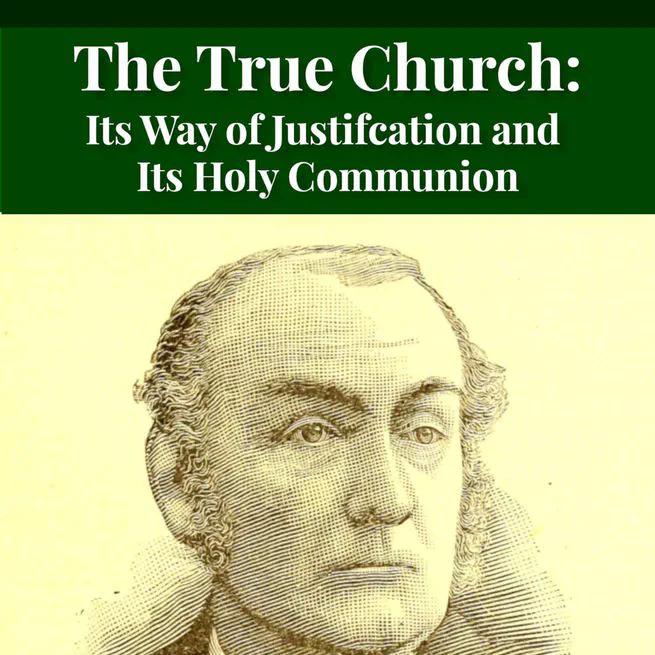
“The doctrine of Justification by Faith alone, was the turning point of the Reformation; it was the experience of its necessity and efficacy in the heart of Martin Luther that constituted his best qualification for the work of the Reformation; and as it distinguished the Lutheran Church from the Church of Rome, so it has come to be regarded as the distinguishing mark of separation between Protestantism and Romanism.” — Emanuel Greenwald
1 Nov 2024
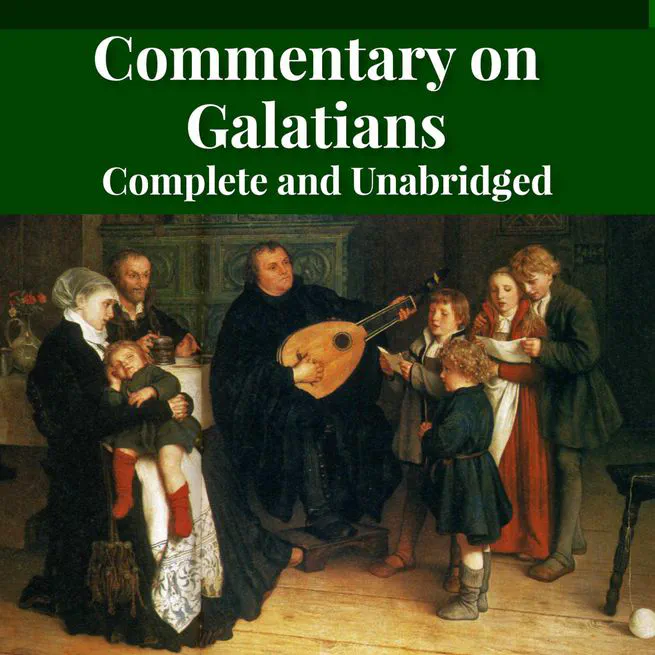
“‘The Epistle to the Galatians was a favorite of Luther’s… He found in it a source of strength for his own faith and life, and an armory of weapons for his reforming work… He came to think very little of his earlier commentaries. ‘They won’t do at all for this age ;’ he said, ‘they were only my first struggles against the confidence of works.’ But he rated his later exposition more highly. When the complete Latin edition of his works was in preparation a couple of years before his death, he said: ‘If they took my advice, they’d print only the books containing doctrine, like the Galatians.’” — From the Editor’s Preface
23 Apr 2024
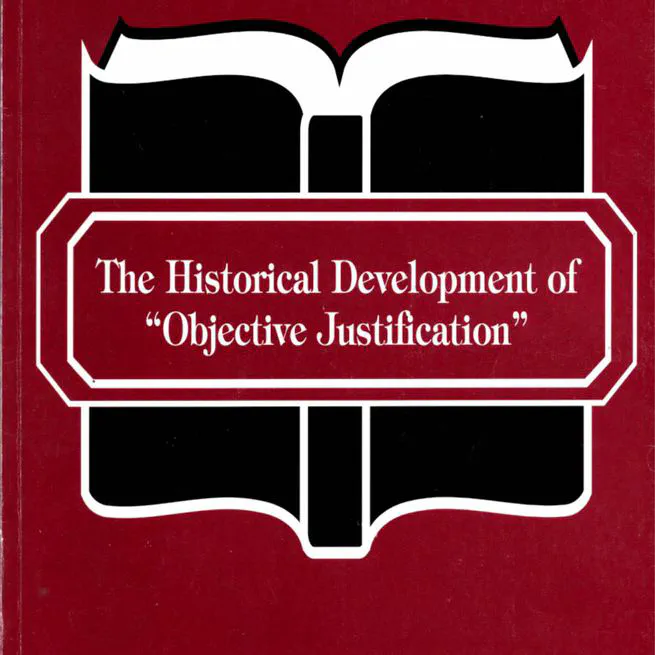
Objective Justification is another name for the atonement, right? No. They are not the same. How did so-called “objective justification” arise in the Missouri Synod and WELS? How does it compare to the old teaching of justification? How has the teaching of objective justification changed among Lutherans since 1872? How does this teaching compare to Holy Scripture? Could the modern teaching of objective justification help explain why Lutheranism has grown spiritually lukewarm? The author answers those questions and others in this controversial exposé of doctrinal evolution." — From the Back Cover
3 Jul 2023

“In 1906, Dr. Henry Eyster Jacobs, then in his sixty-second year, wrote these notes on his experiences in the leadership of the Lutheran Church. As he states in his opening sentence, these notes are set down for the use of others. He had in mind particularly his own son, Dr. Charles Michael Jacobs, then pastor of Christ Church, Allentown - later to succeed him as President of the Lutheran Theological Seminary at Philadelphia. The notes were handwritten in his miniscule script, and filled twenty-five of his familiar end-open note books. He reviewed the notes at least twice later and made corrections, additions and deletions. These changes are quite apparent in the manuscript by the shaky hand-writing and the occasionally added date of entry ( 1922, 1927, etc.).
15 May 2023
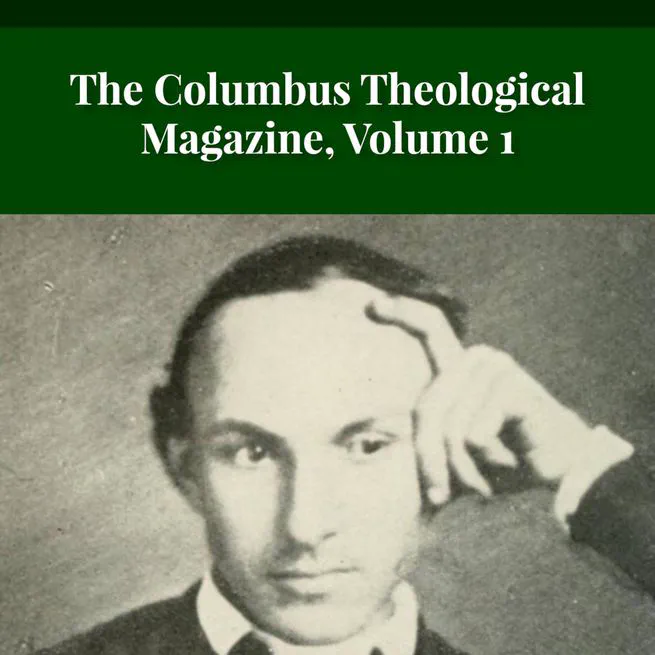
Volume 1 includes “The Formula Of Concord On Predestination”, “Concerning The Election To Eternal Life by Conrad Dietrich”, “Election in Foresight of Faith”, and many other articles." “The doctrine which has been taught in the Lutheran Church during these three centuries has been established by the Scriptures, and defended against all foes, to the satisfaction of a host of eminent theologians whose linguistic learning and whose logical acumen have not been surpassed in any church or in any age. They sifted evidence closely; they thought upon the subject profoundly; they defended their doctrine triumphantly. They were not ignorant of the objections which could be urged against them. These objections were examined and refuted.” — Matthias Loy, ed.
21 Mar 2023

Timothy East’s practical book is intended to, “disturb the false peace of the criminally indifferent… impart consolation to the conscientiously fearful, (and to) excite to higher degrees of gratitude the comparatively few, who know that they are safe for eternity.”
29 Sep 2022
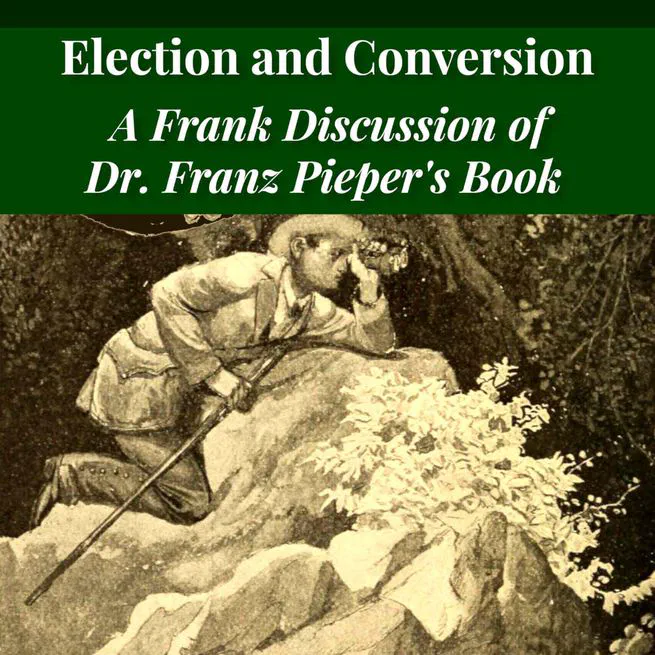
“Note how often faith is mentioned in the epistles. Two of Paul’s epistles – Romans and Galatians – were expressly written to prove that men are justified by faith… The letter to the Hebrews devotes a whole chapter – the 11th – to a panegyric on the heroes of faith… faith is the outstanding doctrine of the New Testament, and therefore should take precedence of a doctrine like election, which is treated more incidentally.” — Leander Keyser
7 Sep 2022
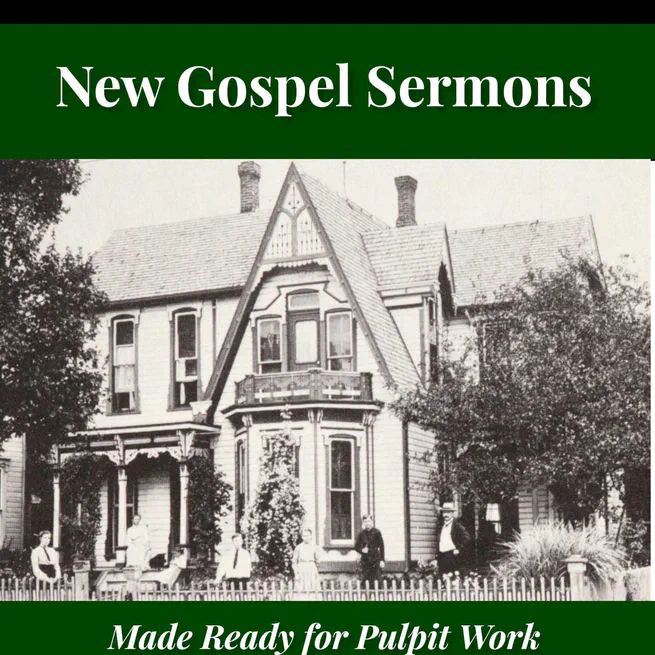
“Christ our Savior and all his apostles preached justification by faith, even as did the prophets of the Old Testament. Justification is the central doctrine of all the Scriptures, the heart and soul of the entire Christian religion. All believers are justified, all the saints in heaven now have been made what they are by justification, and at the last day the righteous at Christ’s right hand will be there because they have continued in justification to the end.” — R.C.H. Lenski
22 Jun 2022
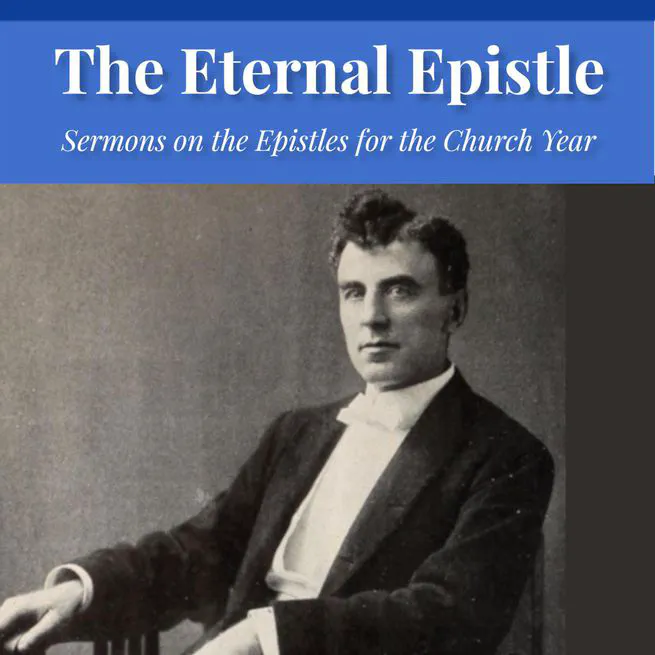
“I want you to understand that I have never preached opinions from this pulpit; it is not a question of opinion; I have absolutely no right to stand here and give you my opinion, for it is not worth any more than yours; we do not come to church to get opinions; I claim that I can back up every sermon I have preached, with the Word of God, and it is not my opinion nor yours, it is the eternal Word of God, and you will find it so on the Judgment day. I have nothing to take back, and I never will; God does not want me to.
3 Oct 2019